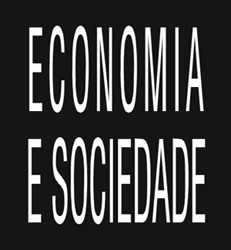Abstract
This article aims to demonstrate that the Chinese development process seen in the last four decades can only be explained by a process whose theoretical interpretation capacity, either based on the current orthodox or heterodox approaches, may have already reached its limit. This limitation is due to two objective facts: 1) the transformation of “market socialism” into a new socioeconomic formation (NSEF), which has accelerated since the 2008 financial crisis. The emergence of this NSEF is the result of successive institutional innovations that made possible the coexistence - in this same formation - of a myriad of modes of production, with the dominant one being that which is spearheaded by the public (socialist) economic sector and 2) the continuous technical progress observed in Large State-Owned Enterprise Conglomerates (LSEC) since the implementation of more proactive industrial policies that resulted in the emergence of new and superior forms of economic planning in China, leading to the resurfacing of the former “Projectment Economy” elaborated by Ignacio Rangel, now under the banner of the “New Projectment Economy”. In our view, the greatest challenge currently facing the social sciences is understanding this process of change in China’s mode of production and the new theoretical contributions derived from it.
Keywords:
China; New Project Based-Economics; Market socialism; Socioeconomic formation; Economic theory; Mode of production
